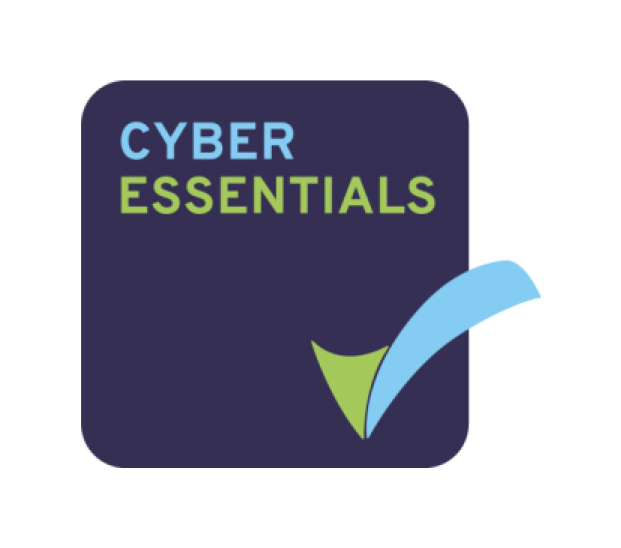
Tax compliance has always been a moving target, but the pace of change is accelerating.
Governments around the world are mandating e-invoicing, real-time reporting, and continuous transaction controls (CTC). For NetSuite users, this means compliance can no longer be managed with spreadsheets and manual workarounds.
SuiteTax and NetSuite’s growing ecosystem of e-invoicing integrations have emerged as the foundation for managing this complexity. But what does it mean for executives, and how should leaders prepare their organizations?
Why global tax mandates are changing the game
Across regions, regulators are shifting from post-facto audits to real-time data validation. Countries such as Italy, Mexico, and India already require e-invoicing with government clearance before transactions are completed. Others are introducing digital reporting obligations that demand near-instant submissions.
For business leaders, this creates two challenges:
- Compliance is no longer optional or periodic, it must happen automatically at the point of transaction.
- Scaling across multiple jurisdictions requires flexibility to adapt to local requirements without breaking global processes.
This is where NetSuite’s SuiteTax engine and e-invoicing integrations become essential.
Anderson Frank provides NetSuite talent who can help businesses configure SuiteTax for jurisdiction-specific needs while integrating global e-invoicing partners for seamless compliance.
What SuiteTax brings to the table
SuiteTax is designed to replace NetSuite’s legacy tax logic with a more flexible and globally scalable model. Key capabilities include:
- Jurisdiction-specific tax engines: Adapt quickly to local VAT, GST, and sales tax rules.
- Multi-subsidiary compliance: Handle multiple tax regimes within a single NetSuite instance.
- Audit-ready documentation: Automate records that regulators demand for validation.
- Integration readiness: Seamlessly connect to e-invoicing providers and CTC platforms.
With SuiteTax in place, businesses gain a consistent framework for global operations while remaining agile to regulatory shifts.
Anderson Frank offers NetSuite specialists who understand both technical implementation and the regulatory context, ensuring SuiteTax is deployed effectively.
Building an executive playbook for e-invoicing
For CFOs, tax directors, and compliance leaders, here’s a roadmap to prepare for global mandates:
- Assess your footprint: Map where your company operates and the specific e-invoicing or CTC mandates in each jurisdiction.
- Adopt SuiteTax as your core tax engine: Replace manual or custom logic with a scalable, NetSuite-native solution.
- Select and integrate e-invoicing partners: Use NetSuite’s ecosystem to connect with certified providers in each country.
- Automate reporting workflows: Ensure invoice data flows directly to tax authorities with no manual intervention.
- Monitor regulatory updates: Assign responsibility for tracking changes and adjusting configurations before deadlines.
This playbook turns tax compliance from a reactive burden into a proactive, system-driven process.
Why this matters to boards and executives
E-invoicing and digital tax mandates may appear tactical, but they carry strategic weight:
- Risk management: Non-compliance brings fines, reputational damage, and even blocked transactions.
- Cash flow certainty: In some jurisdictions, invoices must be cleared before revenue can be recognized.
- Operational efficiency: Automating compliance reduces manual work and audit risk.
- Global agility: A standardized SuiteTax framework makes it easier to expand into new markets without reinventing tax logic.
Turning compliance into an advantage
Many organizations view tax mandates as another layer of bureaucracy. Forward-looking leaders see them as a chance to modernize finance, eliminate manual reporting, and improve transparency. With SuiteTax and e-invoicing integrations, compliance becomes part of the workflow rather than a bolt-on burden.



